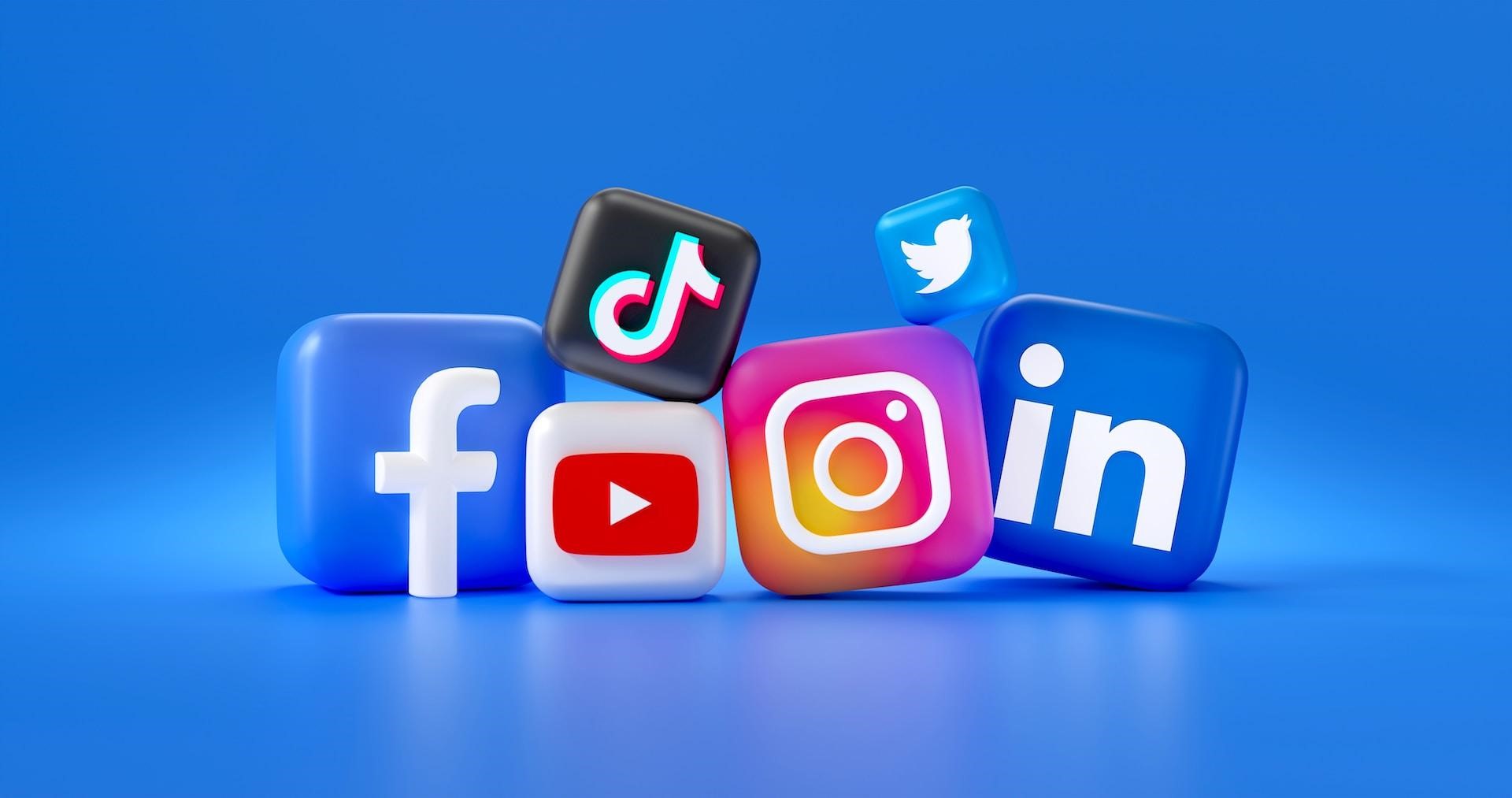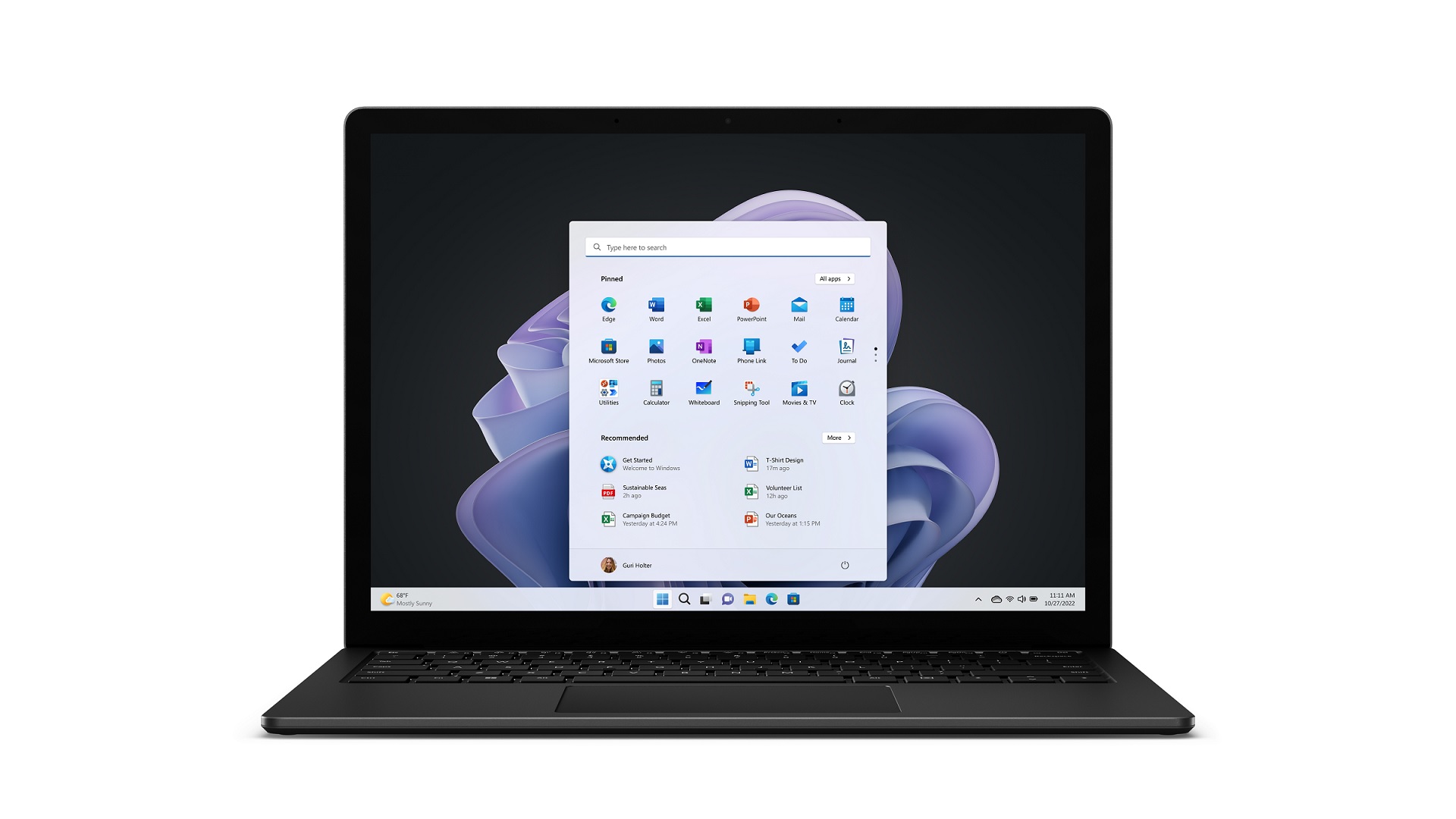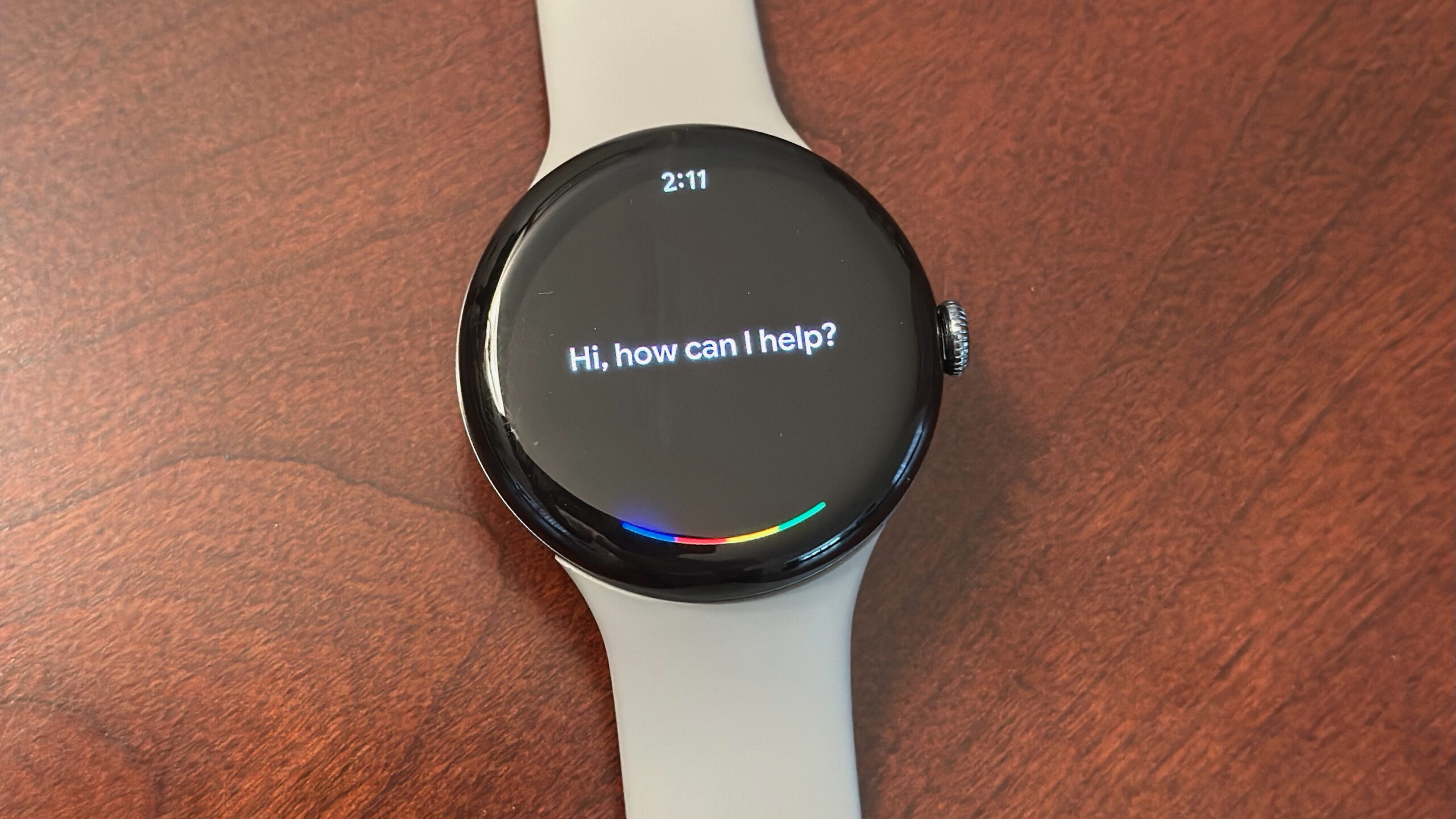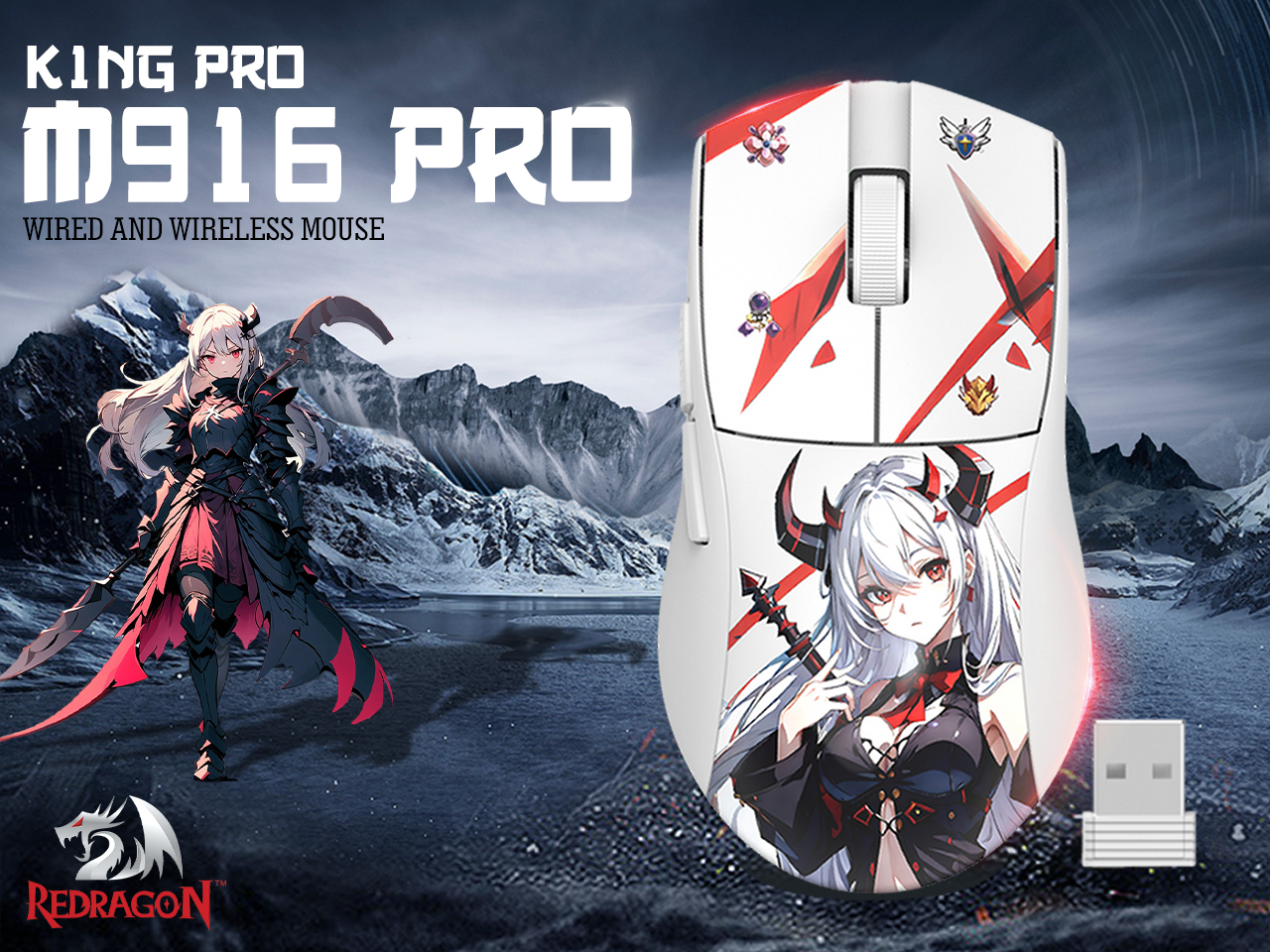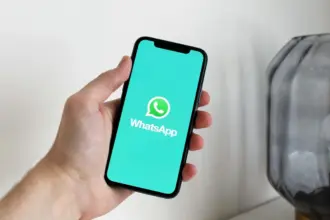In recent years, social media platforms like TikTok have become powerful tools for influence campaigns. Various groups, including political entities and foreign governments, leverage these platforms to shape public opinion and mobilize supporters. This article explores the mechanics behind these influence campaigns, their implications, and the ongoing efforts to manage their impact.
The Mechanics of Influence Campaigns
Social media influence campaigns typically involve the strategic use of short-form video content and targeted messaging to reach specific demographics. On TikTok, for instance, influencers and creators play a crucial role in disseminating messages. These campaigns often use hashtags and trending topics to enhance visibility and engagement.
Case Study: Political Campaigns
Political campaigns have effectively utilized TikTok to engage younger voters. For example, the Biden campaign in 2020 worked with unpaid TikTok influencers to connect with communities of color, highlighting the platform’s potential to reach diverse audiences. Similarly, local campaigns, such as Michigan’s “Yes on Prop 2” initiative, employed TikTok influencers to persuade voters by using relatable, trusted voices.
The Double-Edged Sword of Social Media
While social media platforms can democratize political engagement and amplify voices that might otherwise go unheard, they also pose significant risks. One major concern is the spread of misinformation. TikTok’s algorithm, designed to maximize engagement, can inadvertently promote misleading or harmful content, making it a potent tool for manipulation.
Foreign Influence and Security Concerns
The potential for foreign interference is a critical issue. Reports from the Office of the Director of National Intelligence (ODNI) indicate that the Chinese government has used TikTok to influence U.S. elections, promoting pro-China narratives and attempting to undermine democratic processes. These activities highlight the platform’s vulnerability to sophisticated disinformation campaigns.
Efforts to Counteract Influence Campaigns
In response to these threats, social media companies and governments are implementing measures to safeguard the integrity of their platforms. TikTok, for example, has increased transparency in reporting deceptive behavior and collaborates with electoral commissions and fact-checkers globally. Despite these efforts, the challenge remains substantial as the techniques used by malicious actors continue to evolve.
As social media platforms like TikTok continue to grow in influence, understanding and managing their impact on public opinion and political processes is crucial. While these platforms offer unprecedented opportunities for engagement and mobilization, they also require robust strategies to mitigate the risks associated with misinformation and foreign interference. The future of social media influence campaigns will depend on the balance between leveraging these tools for positive engagement and protecting against their misuse.

